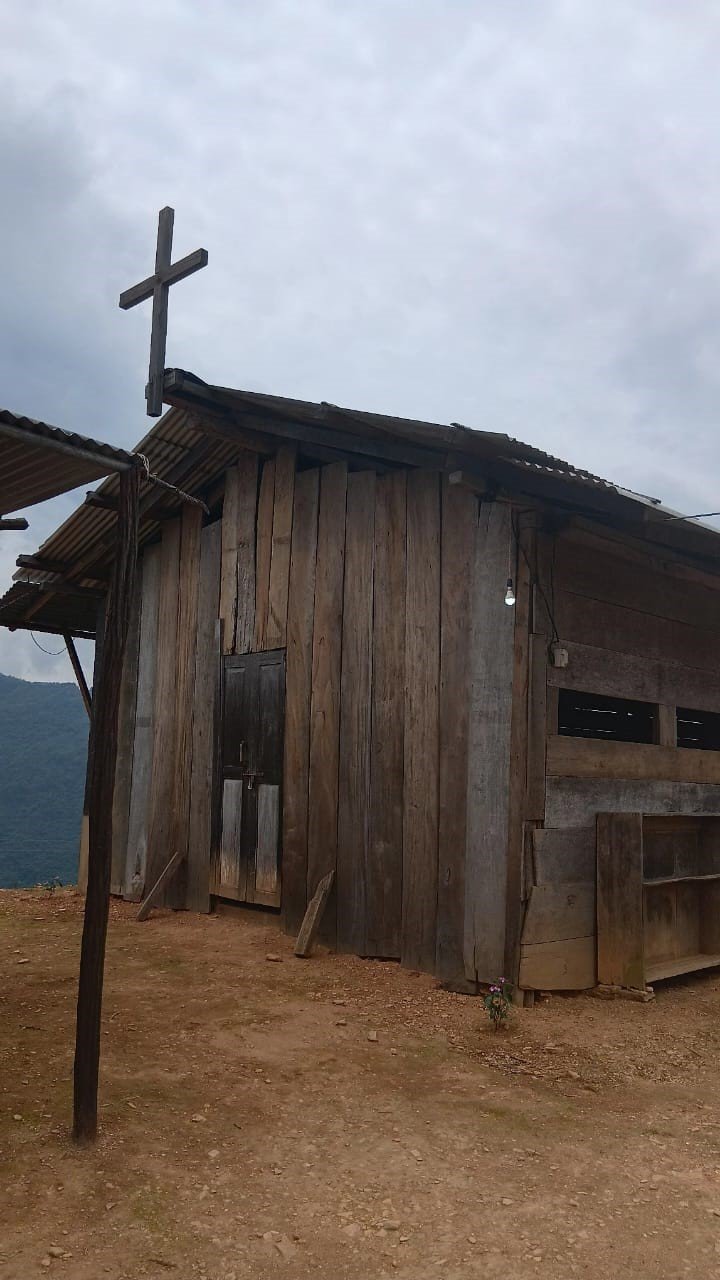Located 55 kilometres from Nagaland’s Noklak district headquarters lies Jejeiking, a remote village, home to a small population of around 120 people in 21 households. Though officially recognized over a decade ago, the village remains harshly underdeveloped—deprived of even the most basic facilities.
Jejeiking village has no health centre, no school, and not a single shop. The entire community depends solely on agriculture for their livelihood. In the midst of lack of education and medical facilities, the villagers are forced to travel to Peshu, the nearest village from Jejeiking which is almost 10 km away.
Children from Jejeiking village walk long distances to attend school at Peshu. Although the Peshu Sub-Centre serves as the closest healthcare facility, reaching it is a challenge, especially during the monsoon, when the narrow, rugged road becomes almost impassable.
Download Nagaland Tribune app on Google Play

In a historic and much-needed move, Jejeiking village welcomed the first health care camp organized by the Indian Red Cross Society (IRCS), Noklak Branch, in collaboration with the district health department on June 6 this year. This milestone event marked the first health initiative in the village since its recognition ten years ago. A total of 67 patients received medical checkups and basic treatment during the camp.

While the health camp offered a glimpse of hope for the villagers, the broader concerns of regular healthcare and education remain unresolved. With no sub-centre in the village, Accredited Social Health Activist (ASHA) remains the only channel for the villagers to get access to health care despite its limited resources.
The situation at Jejeiking is a reminder that developmental gaps still exist in many rural parts of Nagaland.
The story of Jejeiking is not just one of neglect but also of a community waiting for simple transformation into a better life.

